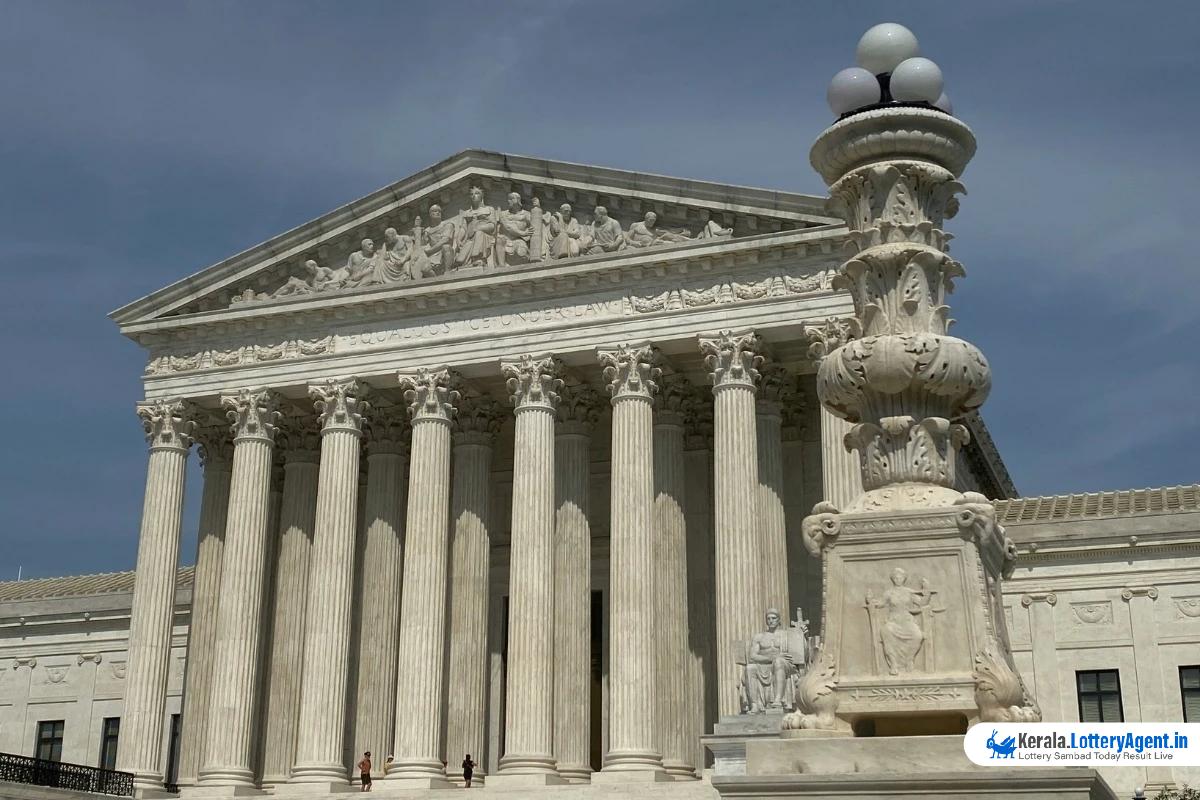
In a significant development, a contentious legal battle over the 2021 Florida-Seminole Tribe compact, which could dramatically reshape online sports betting in the state, has escalated to the U.S. Supreme Court. The West Flagler Associates (WFA) argues that this compact explicitly permits wagering outside of Indian Country, a provision that, they claim, violates the Indian Gaming Regulatory Act (IGRA). The Department of Justice (DoJ), however, has countered that the compact’s validity is not a federal issue and does not infringe upon IGRA. Furthermore, the DoJ maintains that the U.S. Department of the Interior’s (DoI) decision to allow the compact to become “deemed approved” does not breach any state or federal laws.
Last week, WFA filed a writ of certiorari with the Supreme Court, challenging the decision of the U.S. Department of the Interior that enabled the Seminole Tribe to launch its Hard Rock Bet platform in November 2023. At the heart of the dispute is whether the DoI should have approved a compact granting the Seminole Tribe exclusive rights to online wagering across Florida, a move that permits the tribe to accept digital bets from anywhere within the state. According to the compact, these digital bets are considered to be placed in Indian Country if they are routed through a tribal server, a technicality WFA vehemently contests.
The legal jousting began when a U.S. District Court judge initially ruled in favor of WFA. However, this ruling was later overturned by a three-judge panel in the appellate court. Undeterred, WFA sought a hearing en banc, which involves all judges of the appellate court, but this request was declined.
. Consequently, WFA has turned to the highest court in the land, awaiting a potentially defining resolution as early as next month.
In a filing on Tuesday, WFA’s attorney, Hamish Hume, contested the DoJ’s interpretation of the compact, arguing that even though the DoJ believes the compact does not violate IGRA, the rationale behind this belief warrants Supreme Court review. Hume stressed that the appellate court’s decision merely validates an unlawful compact approval, failing to address critical issues that, according to him, conflict with previous Supreme Court decisions.
Central to Hume’s argument is the DoJ’s apparent acknowledgment that if the compact allows for betting outside tribal lands, such an arrangement would indeed violate IGRA. This admission, he argued, amplifies the need for a Supreme Court review to resolve these conflicting interpretations. Hume pointed out that the appellate court effectively sidestepped addressing whether the “deemed” language in the compact constitutes a legally sound device or a “contrived” workaround. He maintained that this language, which suggests that a bet is placed where it is received, is an artifice engineered to circumvent the restrictions of IGRA.
Both sides concur that IGRA governs gaming activities on Indian lands. Still, IGRA, which was enacted in 1988, does not explicitly address the complexities of digital gaming, an area fraught with legal ambiguities as tribes, state governments, and other stakeholders grapple with its implications nationwide. While online sports betting is not expressly prohibited by IGRA, neither is it unequivocally sanctioned. The 2021 compact is notable for being the first to employ the “shall be deemed” language as a method to navigate around these legislative gray areas.
Another contentious point in the case is a Florida state law mandating that any expansion of gaming activities must be approved by voters. WFA contends that by ratifying the 2021 compact, the state legislature effectively bypassed the requirement for voter approval, thereby unlawfully expanding gaming operations within the state.
Although this predicament might appear to be a state issue—and Justice Brett Kavanaugh has indicated as much—Hume contends that underlying state law questions inevitably lead back to federal law. He argues that the legality of online sports gaming, as outlined in the compact, hinges on whether federal law acknowledges the “deeming” provisions and whether IGRA authorizes off-reservation online sports gaming. Since IGRA does not provide such authorization, Hume asserts that the matter rightfully falls under the jurisdiction of federal courts.
Each year, more than 7,000 cases are submitted for Supreme Court consideration, though the court typically hears only around 100 to 150 cases. Whether the Florida-Seminole Tribe wagering compact case will be among them remains to be seen, but the outcome could set a precedent with far-reaching implications for the future of online gaming regulation across the United States.












